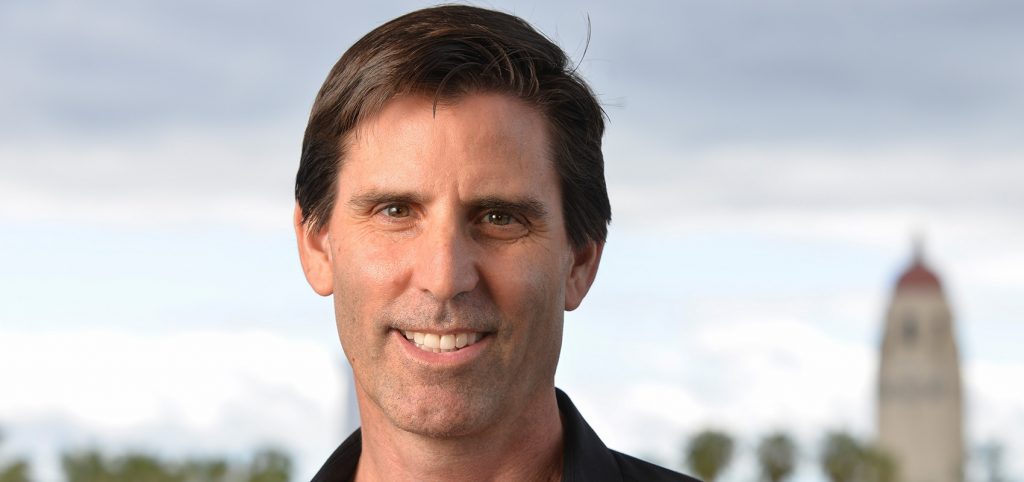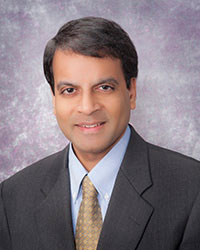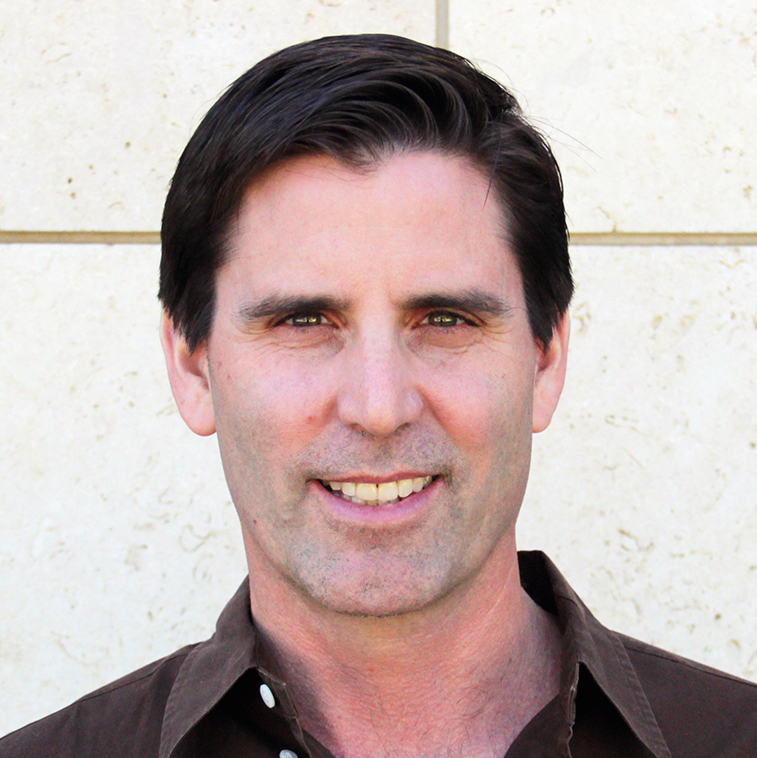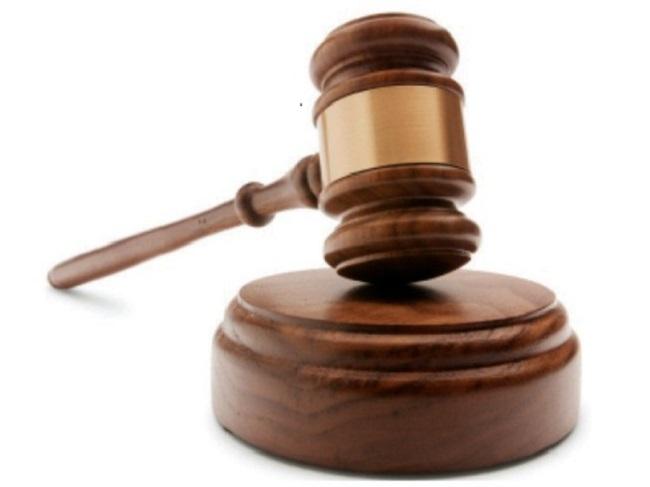
A Stanford professor who sued a critic and a scientific journal for $10 million — then dropped the suit — has been ordered to pay the defendants’ legal fees based on a statute “designed to provide for early dismissal of meritless lawsuits filed against people for the exercise of First Amendment rights.”
Mark Jacobson, who studies renewable energy at Stanford, sued in September 2017 in the Superior Court of the District of Columbia for defamation over a 2017 paper in the Proceedings of the National Academy of Sciences (PNAS) that critiqued a 2015 article he had written in the same journal. He sued PNAS and the first author of the paper, Christopher Clack, an executive at a firm that analyzes renewable energy.
At the time, Kenneth White, a lawyer at Southern California firm Brown White & Osborn who frequently blogs at Popehat about legal issues related to free speech, said of the suit:
Continue reading Stanford prof ordered to pay legal fees after dropping $10 million defamation case against another scientist






